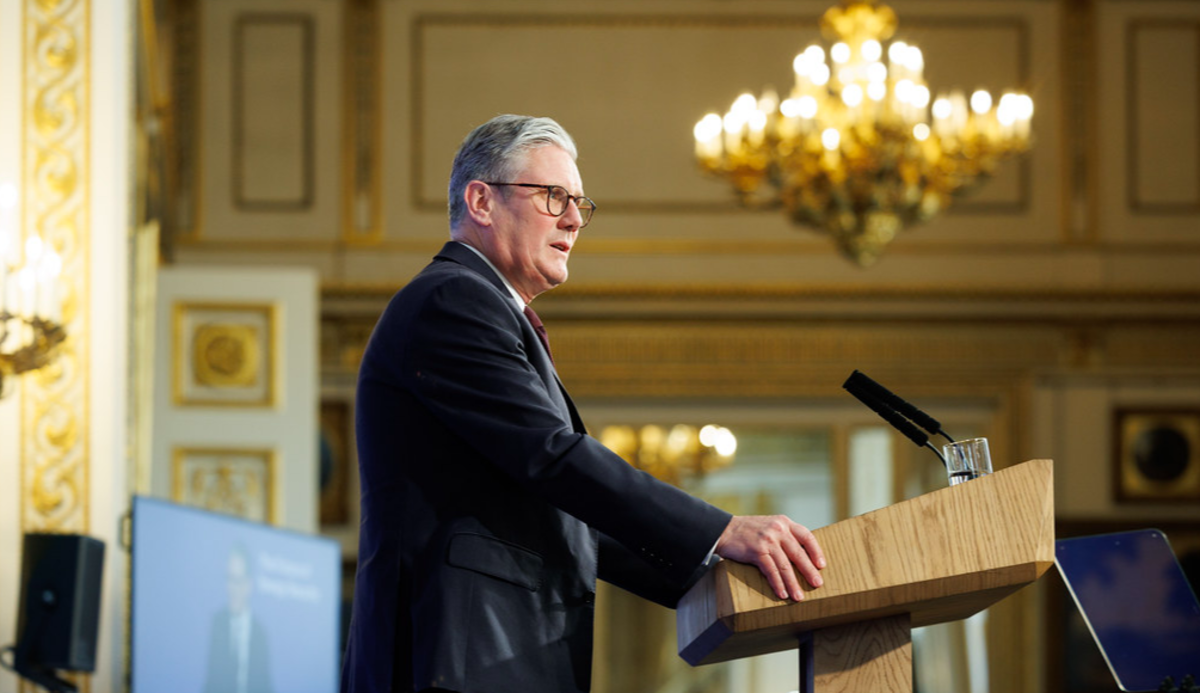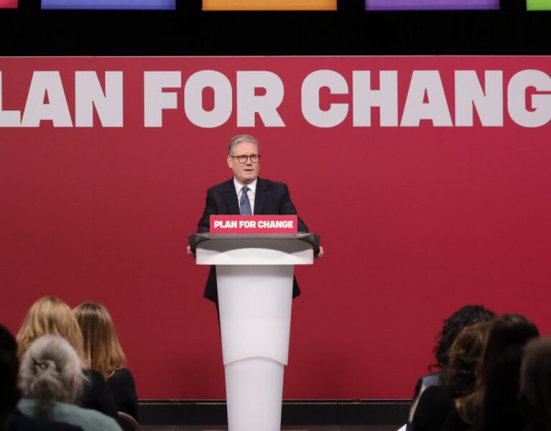Starmer’s symbolic flourish risks real harm
Politics loves a big, theatrical gesture. But theatre is not diplomacy, and applause in the Commons will not stop the bloodshed in Gaza or stitch back the frayed threads of regional stability. Sir Keir Starmer’s decision to recognise a Palestinian state now may feel decisive to some, but it is a misstep – rushed, ill-timed and fraught with unintended consequences.
Britain’s old standards ignored
Once upon a time, Britain understood the concrete prerequisites of state recognition: functioning institutions, accountable government, legitimate elections and a demonstrated capacity to protect minority rights. We did not, as a rule, applaud the elevation of entities that lacked democratic legitimacy or that presided over societies where women, LGBT people and political dissidents faced grave peril. That caution was not moral cowardice; it was prudence.
And yet here we are: recognising a polity whose governance structures in the occupied West Bank are weak and contested, while Gaza remains under the de facto control of Hamas – an organisation proscribed by the UK as a terrorist group and one whose rhetoric and track record on human rights are deeply troubling.
Critics rightly point out that Hamas statements have contained genocidal language, and that its rule in Gaza has been associated with repression of dissent, persecution of minorities and denial of basic freedoms. To pretend those realities do not matter is either naive or politically expedient.
Symbolism without leverage
Starmer argues this step revives hope for a two-state solution. But diplomacy without leverage is theatre. Recognition at a time when Israel is prosecuting a brutal military campaign in Gaza, and when settlement expansion in the West Bank accelerates, is unlikely to produce concessions.
Instead it hands political oxygen to those on all sides who prefer spectacle to compromise. Worse, it weakens the UK’s ability to act as an honest broker: how does Britain meaningfully press Israel on settlements, or Hamas on moderation, when it has already taken a unilateral step that America and Israel view with suspicion? Without them their can be no peace. There can be no two state solution.
Domestic politics driving diplomacy
The domestic calculation is obvious – soothe Muslim and progressive voters, appear morally decisive – but domestic politics cannot be the sole compass of foreign policy. There is a danger that recognition becomes a substitute for the hard, patient work of diplomacy: brokering ceasefires, building credible transitional institutions, supporting free and fair elections, and insisting on human rights guarantees that are not merely aspirational words on a UN resolution.
Why not Afghanistan?
Contrast this with our approach to Afghanistan. After the Taliban takeover there was no rush to normalise or recognise an administration that brutalised women, persecuted minorities and crushed civic space.
We insisted on conditions. We ought to hold the same standard here. Why grant statehood acclaim to a territory where one major governing actor publicly advocates violence against whole communities and where democratic mechanisms are absent?
Propaganda risks and backlash
There is also propaganda risk. Hamas and its supporters will frame recognition as vindication.
Hostage families and Israeli citizens understandably fear this will derail bargaining. For Israelis, the timing smacks of abandonment at a moment of existential peril; for Palestinians, the recognition may ring hollow if it does not translate into tangible improvements in governance, rights and daily life.
Recognition must be earned
Recognition ought to be the climax of a long, verifiable process – not the opening act of a headline chase.
If Britain sincerely wants a two-state solution, then invest in the scaffolding: backing institutions, elections, human-rights monitors and a credible enforcement mechanism that protects minorities and holds violent actors to account. Without that scaffold, recognition is a photograph, not a policy – a soundbite that will age badly as the conflict grinds on.
Boldness is not wisdom
Starmer has made a bold move. Boldness is not the same as wisdom.
If this is to be more than virtue signalling, it must be followed by the gritty, sometimes unpopular work that actually makes a state worthy of recognition.
Until then, the gesture risks being remembered less as statesmanship and more as a misjudged PR coup with real geopolitical costs.







